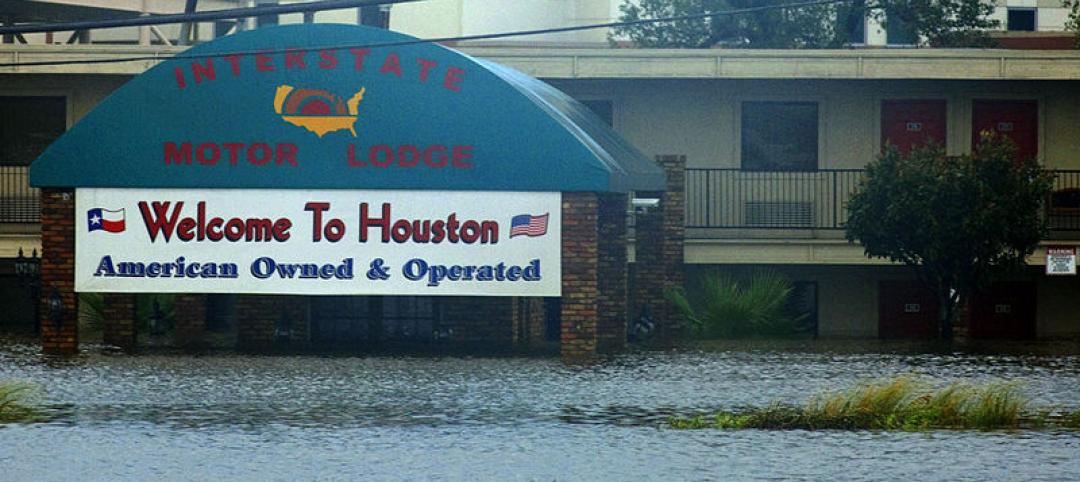In recent years, innovations in energy efficiency technology has opened many new avenues to reduce electric consumption in buildings.
But it is hard for building owners to keep up with these developments, analyze which options are most cost effective, and decide how best to invest their money. An increasingly popular method to implement energy efficiency technology is called “energy efficiency as a service.”
A typical arrangement consists of a building owner and a provider striking an agreement that pays for energy efficiency projects. The building owner does not pay anything upfront. The owner makes payments in installments within a certain timeframe. Payments are in the form of savings in energy costs realized from the improvements.
Bentley Mills, a manufacturer of commercial carpet products, employed this technique to fund a $1.5 million energy efficiency project. The contract stated that over the course of the 8-year term, Bentley would save over 12.8 million kWh. One year after the project was completed, the plant measured a 21% decrease in the kWh per square yard manufactured while increasing sales growth by 9% during the same time.
Related Stories
Codes and Standards | Jan 12, 2021
Two net-zero hotel projects could portend a new hospitality trend
Energy-intensive sector comprises 10% of all commercial real estate.
Codes and Standards | Jan 11, 2021
Zero Energy Buildings growth driven by government policy, stringent codes, technologies
Restraints include high upfront cost, and lack of universal definition and approaches.
Codes and Standards | Jan 11, 2021
HUD releases new Fair Housing Act design and construction requirements
First update of ‘safe harbors’ in 15 years provides better clarity for design and construction firms.
Codes and Standards | Jan 8, 2021
Court ruling gives UpCodes upper hand in fight over building codes database
Battle over IP property claims by ICC and other codes bodies continues.
Codes and Standards | Jan 8, 2021
Houston creates tax incentives for green stormwater elements
Businesses that install green roofs, rain gardens, permeable pavement, and rainwater harvesting are eligible.
Codes and Standards | Jan 7, 2021
Trump’s classical design aesthetic mandate for federal buildings likely to be felt for years
May limit the number of firms that could compete for contracts.
Codes and Standards | Jan 7, 2021
Workers on some of Virginia’s major construction projects sue subcontractors for wage theft
Projects include new General Assembly Building, outpatient facility at Virginia Commonwealth University.
Codes and Standards | Jan 5, 2021
EPA finalizes first major update to Lead and Copper rule
Will accelerate pace of lead service line replacement.
Codes and Standards | Jan 5, 2021
Flood risk for affordable housing expected to triple by 2050
Some communities will have 90% of their affordable housing at risk.
Codes and Standards | Jan 4, 2021
Ranks of remote workers expected to double in five years
Nearly 23% of employees will work from outside of offices.

















